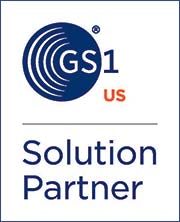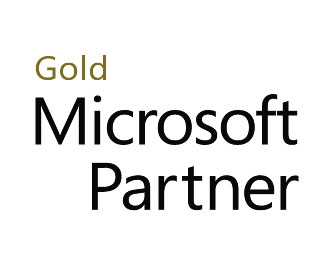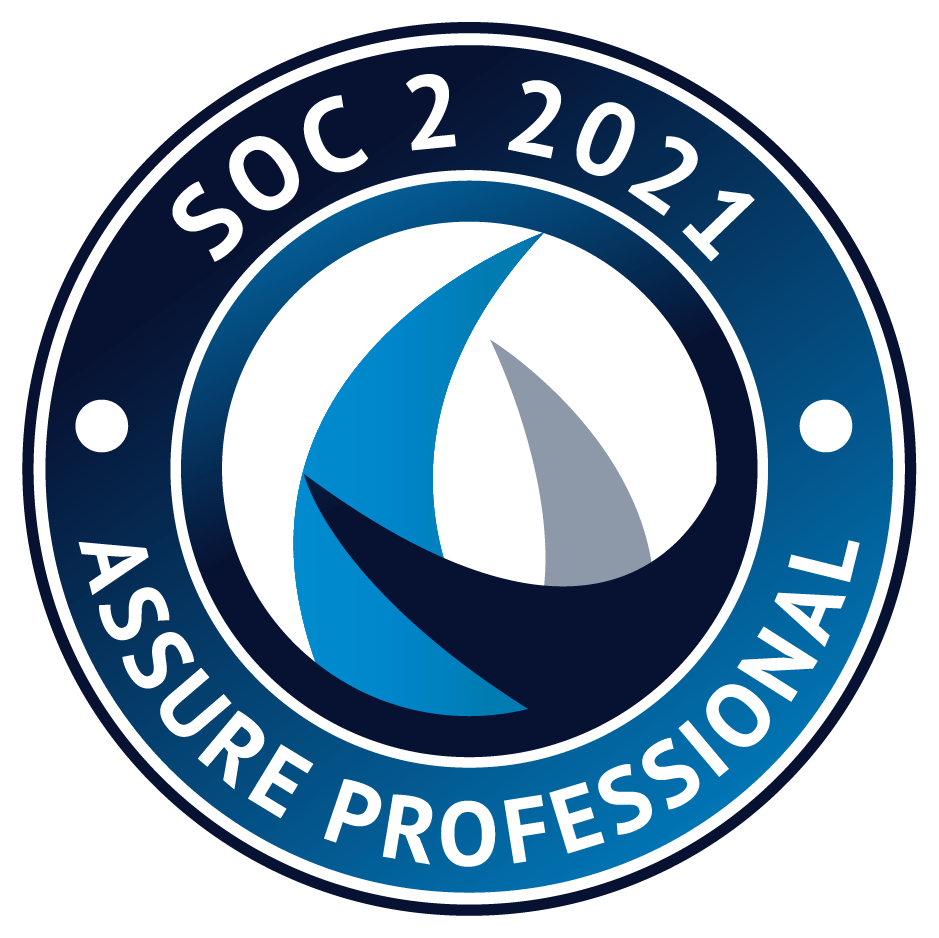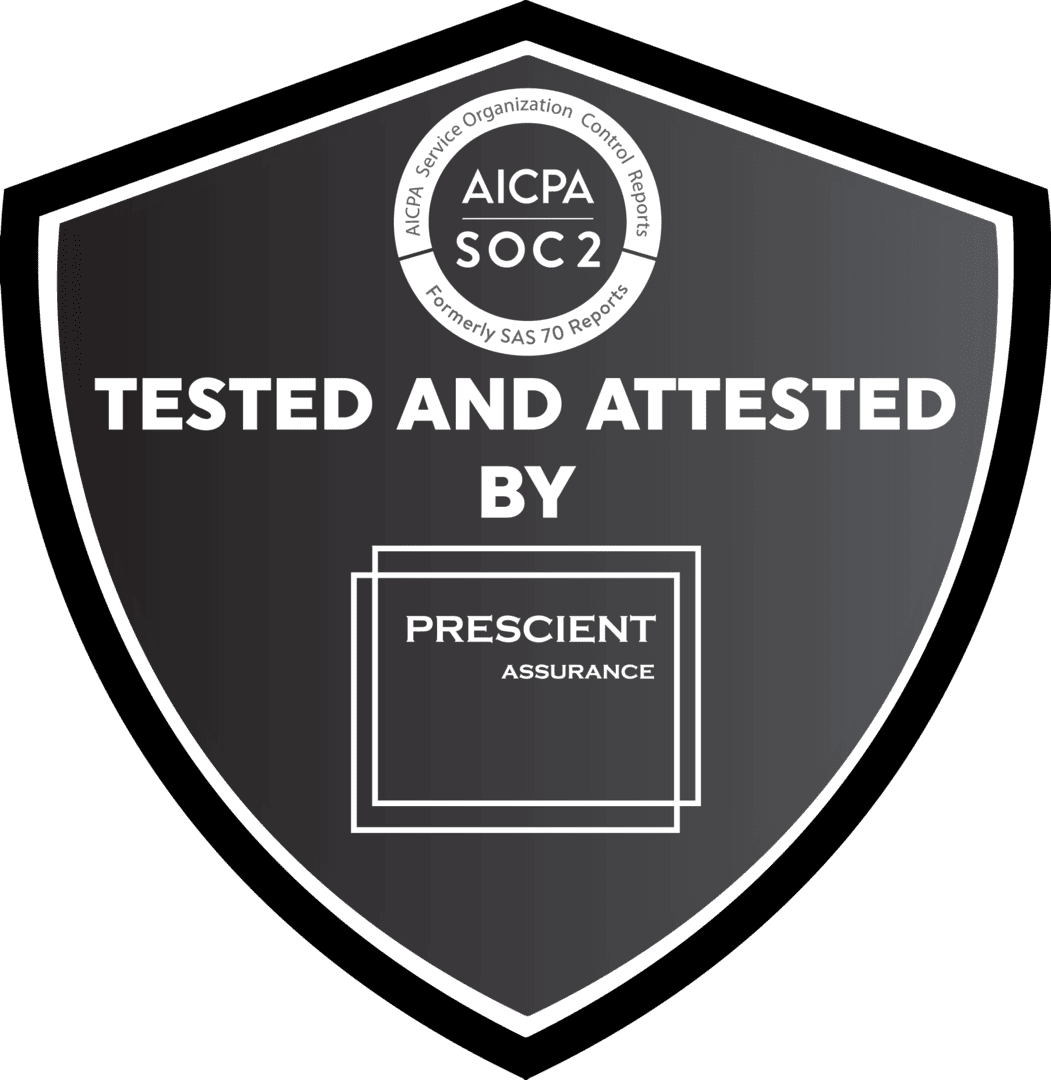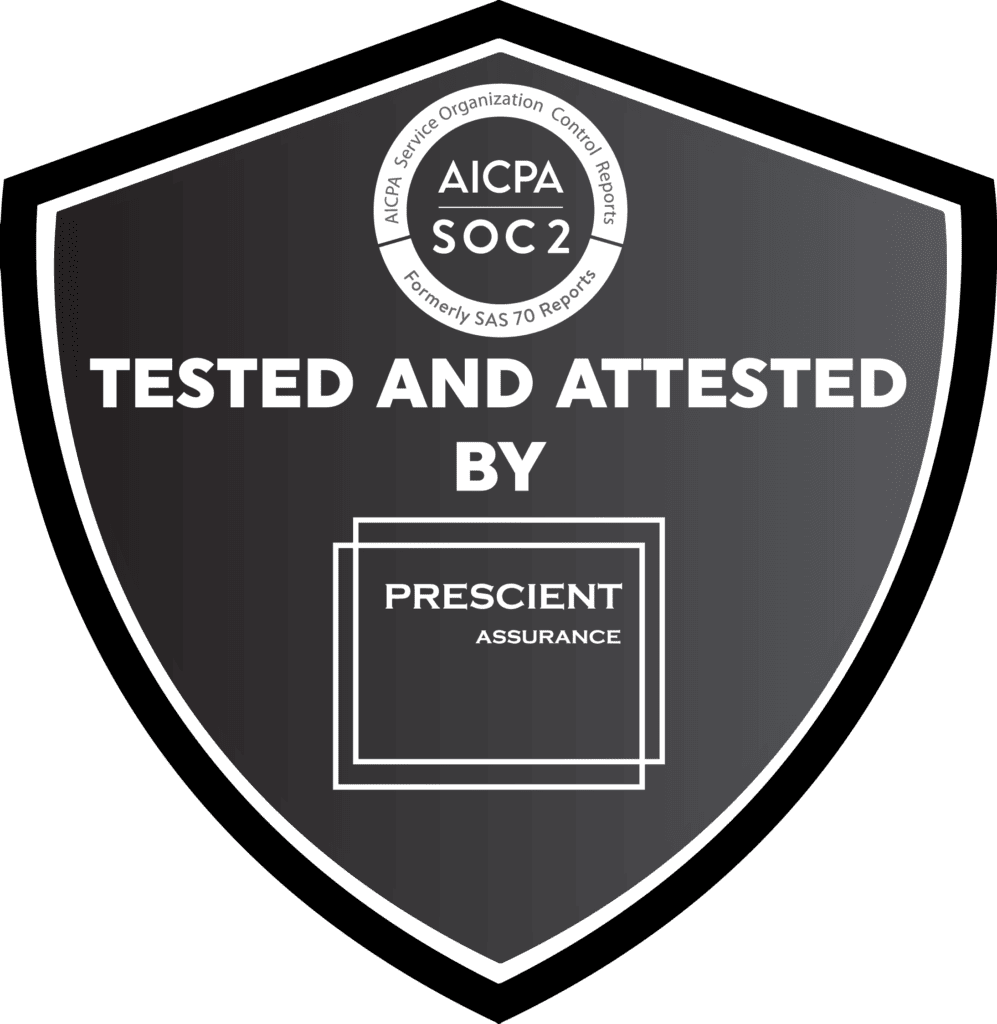Preventive Controls
The focus of the new law truly revolves around taking more preventive measures for food handling — from farm to table. The Food Safety Modernization Act mandates that food suppliers create a plan of action for preventing food contamination. This requires that suppliers evaluate all potential food hazards and points of possible food corruption. Then suppliers will need to specify steps to prevent contamination and how they plan to monitor their prevention plan. The act requires routine records of their prevention monitoring and a plan of action if a problem occurs.
As part of the Food Safety Modernization Act, the Food & Drug Administration (FDA) will define mandatory produce safety standards for the safe production, harvesting, and distribution of fruits and vegetables. The act will also establish the FDA’s authority to prevent intentional adulteration of food as a result of sabotage, terrorism, or other illegal and intentionally harmful means.
Inspection and Compliance
The Food Safety Modernization Act means that, for the first time, the FDA will create regulations establishing mandated inspection frequency for food suppliers. The frequency of inspection will be based on risk. High-risk domestic foods (foods that the FDA finds are most vulnerable to contamination) will be inspected within five years of the bill’s enactment, and they will be inspected at least every three years after that. All other facilities will be inspected within seven years of the bill’s signing and at least once every five years thereafter.
This part of the act also provides the FDA to access food suppliers’ records, including industry food safety plans and records of their implementation. The FDA will also be establishing an accreditation standard for laboratories to ensure that all food testing is carried out with high-quality specifications.
Imported Food Safety
To ensure imported goods are safe for consumers, the Food Safety Modernization Act encourages foreign suppliers to meet the same standards of U.S. products. The FDA will hold importers accountable for the safety of the food from foreign suppliers and establish a third party certification program, whereby foreign facilities can certify that their facilities comply with U.S. standards.
The FDA will also be authorized to mandate that high-risk imported foods must be accompanied by this certification as a condition of entry into the U.S. Importers can participate in a voluntary program that provides for expedited review and entry of foods from participating importers. If foreign facilities refuse the FDA access for inspection, products can be denied entry into the U.S.
Response
The FDA will now have the authority to create mandatory recalls of food in the case of contamination or illness. Administrative detention (which prevents food suspected of being contaminated from being moved) now has a more flexible standard, so if the FDA has “reasonable belief,” they can isolate products to protect consumer safety.
If the FDA determines a product poses a threat to the health of consumers, it can suspend the facilities registration, which essentially shuts down operations completely. As an added safety feature, the Food Safety Modernization Act establishes increased tracing abilities and additional record keeping for high risk foods.
Enhanced Partnerships
Due to the extended responsibilities of the FDA under the Food Safety Modernization Act, the act will establish a formal system of collaboration with other government agencies, both foreign and domestic. These include state and local, foreign, and inter-agencies.
Although the process for implementing these new standards may be a long and complicated process, the added regulations aim to protect facilities and consumers from exposure to contaminated products.

